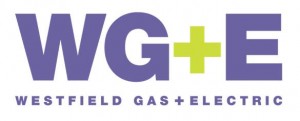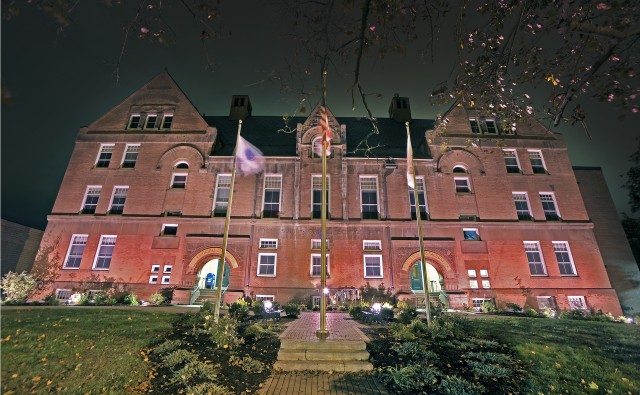WESTFIELD–There has been a lot of talk recently about bonds in the city. From a water treatment bond to a meter replacement bond to a fiber internet expansion bond, they have occupied the city’s news and committees for a while now.
So, what are they, anyway?
According to Meghan Kane, the city’s treasurer collector, bonds are large loans that the city uses to finance large projects.
“Bonds are the way the city is able to borrow money for large projects,” Kane said.
These loans may be needed because the city doesn’t have enough money in the budget or in their free cash–money set aside every year for unforeseen expenditures–to take care of projects that need immediate financing. One such example is the new water treatment plant that the city needs to filter out polyflourinated carbons (PFCs) from the water supply. In order to finance this, since the city did not have the amount of money needed to build the treatment plant, they requested a $5 million bond.
However, the process for this may be a bit tricky.
First, when a bond is initially requested it is not a bond at all. Instead, it is a short-term note. These notes have a specific time frame that they are utilized for before they must be paid on, and these expired short-term notes are gathered together to create a bond.
“Two years is the maximum length for most short-term notes,” Kane said. “After the two years we sell the bonds in a package to a financial institution.”
In order to sell the bond to a financial institution though, the total will be given to the city’s financial advisor, who then coordinates getting the bond to the open market for bidding. Kane said that the bidding process usually occurs with large investment banks, since the bonds can be quite large–some can be upwards of $50 million when they reach the market.
Once the bids are in, Kane said that she and others then evaluate the offers and choose the bid that provides the city with the lowest interest rate.
“The interest rate depends on the bond size and length, but past bonds have been around 2 to 3.5 percent,” Kane said.
These bonds, Kane said, are desirable to institutions because they are tax-exempt and are almost guaranteed to be repaid.
“There’s not a lot of risk with municipal bonds defaulting,” she said.
This is because cities have guaranteed revenue streams–residents.
 This could be from taxes, but Kane said that it is also from the different departments that the bonds are taken out for, and those departments may have revenue generation of their own. As an example, the above-mentioned $5 million bond is actually going to be paid through the revenues generated from the Westfield Water Department and not through income taxes. Other municipal services like Westfield Gas and Electric would also be able to pay back on loans through their subscription services, so that would mean that income tax wouldn’t be used to pay on their bonds, either.
This could be from taxes, but Kane said that it is also from the different departments that the bonds are taken out for, and those departments may have revenue generation of their own. As an example, the above-mentioned $5 million bond is actually going to be paid through the revenues generated from the Westfield Water Department and not through income taxes. Other municipal services like Westfield Gas and Electric would also be able to pay back on loans through their subscription services, so that would mean that income tax wouldn’t be used to pay on their bonds, either.
For repayment, the city generally pays on bonds twice a year–once on the interest and once on the principal balance. Currently, the city has about $92 million in principal balance for bonds owed and this total is expected to be matured out–or able to be paid off–by 2036.
Kane said that this may seem like a large number, but this is average for municipalities of Westfield’s size. Plus, the bonds finance many projects that the city desperately needed at the time. Also, as long as the city continues to pay the debts on time, they will continue to maintain a quality bond credit rating with financial institutions.
Kane said that currently the city holds a good bond rating, so the rates of the city’s bonds should continue to be favorable. The Standard and Poor’s rating of Westfield is currently AA+, which is one level below the highest rating, AAA. Westfield’s rating is also the same as Massachusetts’s rating, and only 13 other US states have a higher rating.


